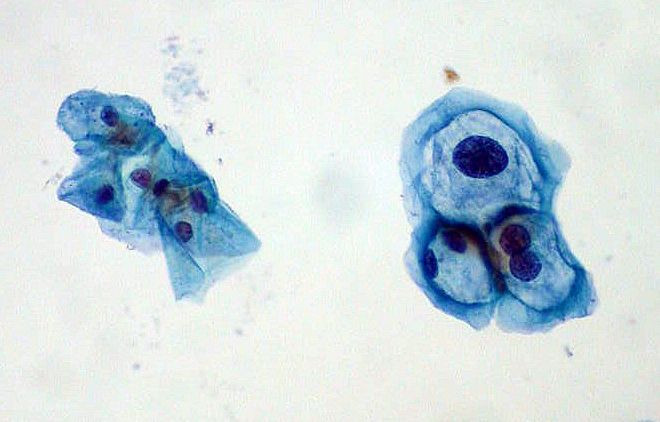HPV Awareness Higher In US Than UK, Australia, But Ignorance Abounds; Do You Know About HPV Testing?

A new international survey shows Americans more aware of diagnostic testing for human papillomavirus (HPV), one of the most common sexually transmitted infections, which in some cases may cause cervical cancer.
Overall, half of those surveyed in the United States, United Kingdom, and Australia told researchers they were aware that modern medical science offers potentially life-saving HPV testing, though Americans were a bit more knowledgeable. Sixty-two percent of Americans were aware of HPV testing, compared to 44 percent of British and 40 percent of Australians, according to a study this month from University College London. Not surprisingly, women were much more aware of HPV testing than men.

“Awareness of HPV has tended to be low but has been rising since the introduction of testing and vaccination,” Jo Waller, lead researcher, told Reuters. “We wanted to use the same questionnaire to look at knowledge across three countries where HPV testing is used in different ways.” Of the 2,400 survey respondents, approximately 61 percent had heard of HPV, among whom only half were aware of the HPV test. Those who were aware of both the disease and diagnostic test, however, answered only half the survey’s questions on the disease.
Awareness of the disease among members of society, men, and women, remains important in countries where the medical system uses the HPV test for cervical cancer screening, Waller and her colleagues concluded in their study, which was published this month in the journal Sexually Transmitted Infections. Moreover, knowledge of the testing may become even more important as the test becomes associated with the management of other types of cancer, too.
First introduced in the 1990s, the HPV test is recommended in the U.S. for women ages 30 and older for cervical cancer screenings, though no general test exists for men or younger women. Clinicians may use the test to identify the human papillomavirus, which causes precancerous cellular changes on the cervix. Typically, women begin receiving the pap smear, or pap test, at age 21, followed by tests at three-year intervals. By age 30, women should receive both tests as a cervical cancer screen, according to the Centers for Disease Control and Prevention.
Waller and her team also clarified some common misconceptions about HPV, which might help women planning for medical visits. Contrary to popular assumption, clinicians may conduct HPV testing along with a pap smear during the same office visit, and that a positive HPV test doesn’t necessarily portend cervical cancer. "It's also important for people to understand that although the HPV vaccine protects against HPV, it's still really important for women to have screening, to check for (virus) types not covered by the vaccine," Waller said.
Source: Dodd, Rachael H., McCaffery, Kirsten J., Marlow, Laura A.V., Ostini, remo, Zimet, Gregory D., Waller, Jo. Knowledge Of Human Papillomavirus (HPV) testing in the USA, the UK And Australia; An International Survey. Sexually Transmitted Infections. 2014.



























